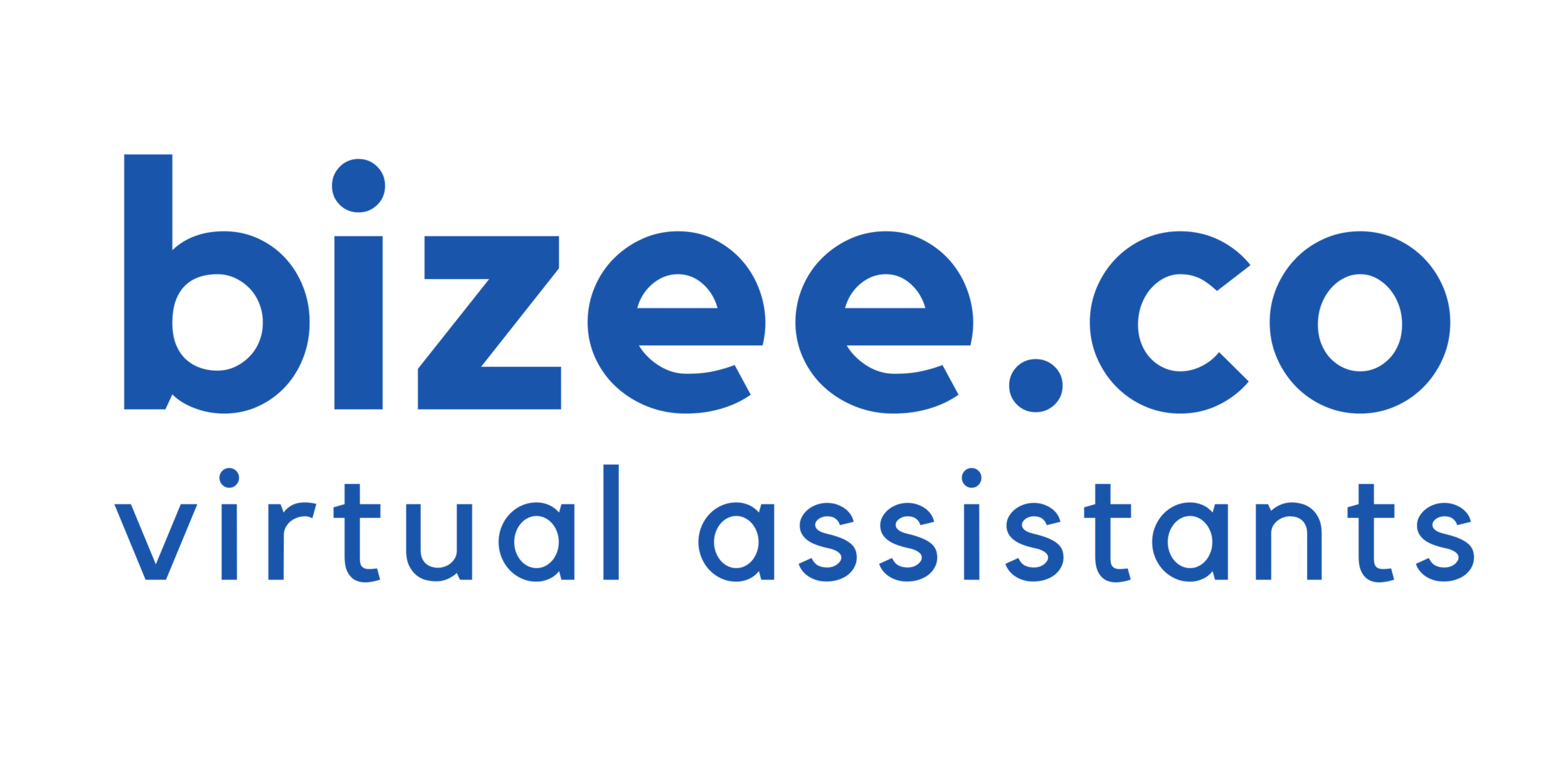8 Tips to Manage a Portfolio Career
This post carries on from our earlier post: 8 Tips to Start a Portfolio Career
If you have embarked on your portfolio career or have started introducing elements of it to your existing professional life, for example, some consultancy work or some other "side-hustle" then here are 8 tips to make sure you manage it properly.
8 Tips to Manage Your Portfolio Career
1. Be organized.
As with any multi-faceted work, being organized is crucial when you want to pursue a portfolio career. Find a system that works for you in order not to risk getting burnt out or simply overwhelmed.
Since you are the one setting your working hours, pick the hours when you are most productive and stricture your day accordingly. This way, you will get more work done and that work will have more quality.
Having said this you will need to keep some consistent working hours, knowing when you start and when you finish. Making regular breaks and having a schedule for them to will make your day more productive.
Managing multiple jobs and projects can be overwhelming. Having a structure during the day can help so much. Make a specific time in the day to be dedicated to a specific activity. For example, start your day by checking your emails, answering to new inquiries, communicating with your clients and with potential clients and new engagements.
Luckily, you are not alone in this organizational challenge, many people have written about their experiences and they are offering some very helpful tips and tricks. Read some stories like this one and make a perfect plan for yourself. And most importantly, stick to it.
Have some space dedicated to working. Design a home office as a comfortable and inspiring place for you.
2. Build a website to show off your skills.
Having a website with your portfolio on it is a great way to show your skills and your past work. This way, more new clients and employers can discover you and get to know more about what you offer.
There are many tutorials on how to build a website. Just go on YouTube and do your little research. Also, there are many useful articles on this subject, like this one. Using solutions like Squarespace make sit pretty easy to get a professional-looking site up in little time.
Since this is going to be your virtual resume, make it all about you. Create some unique and original content that is showing who you are and what you do. It is important to make it personal. You can do that by adding some of your photos and something that reflects your style.
Have a designated space on the website for your contact information. When people see your website, they will probably want to get in touch, so make that part visible and available. Be sure to include more than one contact method, since everybody has their own preference when it comes to communicating.
3. Be aware of the risk.
One of the most important things that you should be aware of when entering the world of portfolio careers, is the risk. The best thing to do is to make a list of pros and cons.
Pros are definitely those that you are your boss, you choose your work time and workload, you have the potential do what you love and have a good balance between your private and work life.
As for the cons, know that you will have fewer benefits than in a traditional job. Your income will often vary from month to month, meaning that you will have a less stable financial situation. Weigh the pros and cons and see how this looks for you.
4. Be prepared to say no.
Everybody likes to be a part of something and that is why we often say yes more than we should. By saying yes to every opportunity we get, we might miss out on something much better.
Saying no is not being rude or indeed foolhardy when setting gout on your own. It is about setting some boundaries and being consistent with them. Determine things and jobs that you think will help you in your career, things that you like doing and things that are going to make you grow both professionally and personally. Say yes to those opportunities. By saying no to things that you feel that are not fit for you and your career path, you are opening up a new space for the things that will help your business.
Don’t rush in making desitions and saying yes or no right away. Give yourself a day to think about the job or the project you are offered. Think about if that is something you want to do and what will you get out of it. Be honest to yourself and to your clients.
5. Be driven by excellence, not money.
We live in a world where everything revolves around money. When you take on a portfolio career, every penny is important, every job is an opportunity and you want to make the most out of it. But, choose wisely and don’t let the money win every time.
When we accept a job only to earn some money from it, it can be very energy consuming and we may end up trying to end it as soon as possible. But, on the other hand, when we take a job that we like, we are naturally more productive and creative. This can be rewarding for your career and you're well being, not to mention your clients!
It is good to listen to the little voice inside and go with emotions sometimes. Your work has better chances of being noticed if you enjoy what you are doing. Be driven by excellence and creativity and that will reflect in your work.
6. Try lots of things and don't be afraid to change direction.
Don’t be afraid to try as many jobs and projects as possible. By being versatile you will find out what fits you and what doesn't. And more importantly, try going in a different direction than your previous jobs, you may be surprised by the final result.
"A good way of deciding whether to embark on some project, start-up or venture is to look at the worst-case scenario and what you can learn from it, even if it is not ultimately financial success."
A portfolio career is all about finding jobs that you are good at, that you like and obviously that provide a satisfactory income. Look at this as a fun way to discover talents and abilities you never knew you had. The more things you try, the more skills you will gain. Portfolio careers keep on giving by letting you explore new possibilities, so use the most of it.
7. Be ready to collaborate.
When you start working on your own and from home, it can be very lonely. Working with people is not only about having company, but it is also about having some help, having more ideas and new skills around you.
If you know like-minded people you might want to look for opportunities to work on a project together for a client or launching your start-up. Having this positive support network is great and keeping you motivated.
A trend that is on the rise is the idea of shared working space. It is pretty great, you can work for yourself, yet you have some sort of colleagues. Another option is that you gather some friends or old colleagues for the same reason. Of course, this can also lead to collaboration and lots of new ideas.
You don’t have to be lonely when working alone.
8. Be an opportunist.
You no longer work for a boss or a company and everything that you do it for yourself. It is ok to not take every single thing that comes up your way, but you also have to learn what are the opportunities that you just cannot pass.
The right opportunity can keep on giving and as we mentioned before it is always worth trying new things out. A good way of deciding whether to embark on some project, start-up or venture is to look at the worst-case scenario and what you can learn from it, even if it is not ultimately financial success.
I guess nobody chooses a portfolio career without some previous experience with one or more businesses. Listen to that experience and grab something great when it comes to you.
Author: Thomas Smallwood is an outsourcing specialist. Having worked in companies around Europe, from the support desk to the boardroom, he founded bizee.co to help small businesses grow through efficient delegation to skilled virtual assistants. He is an award-winning blogger and a passionate advocate for mental health awareness.
Connect with Tom on LinkedIn.



